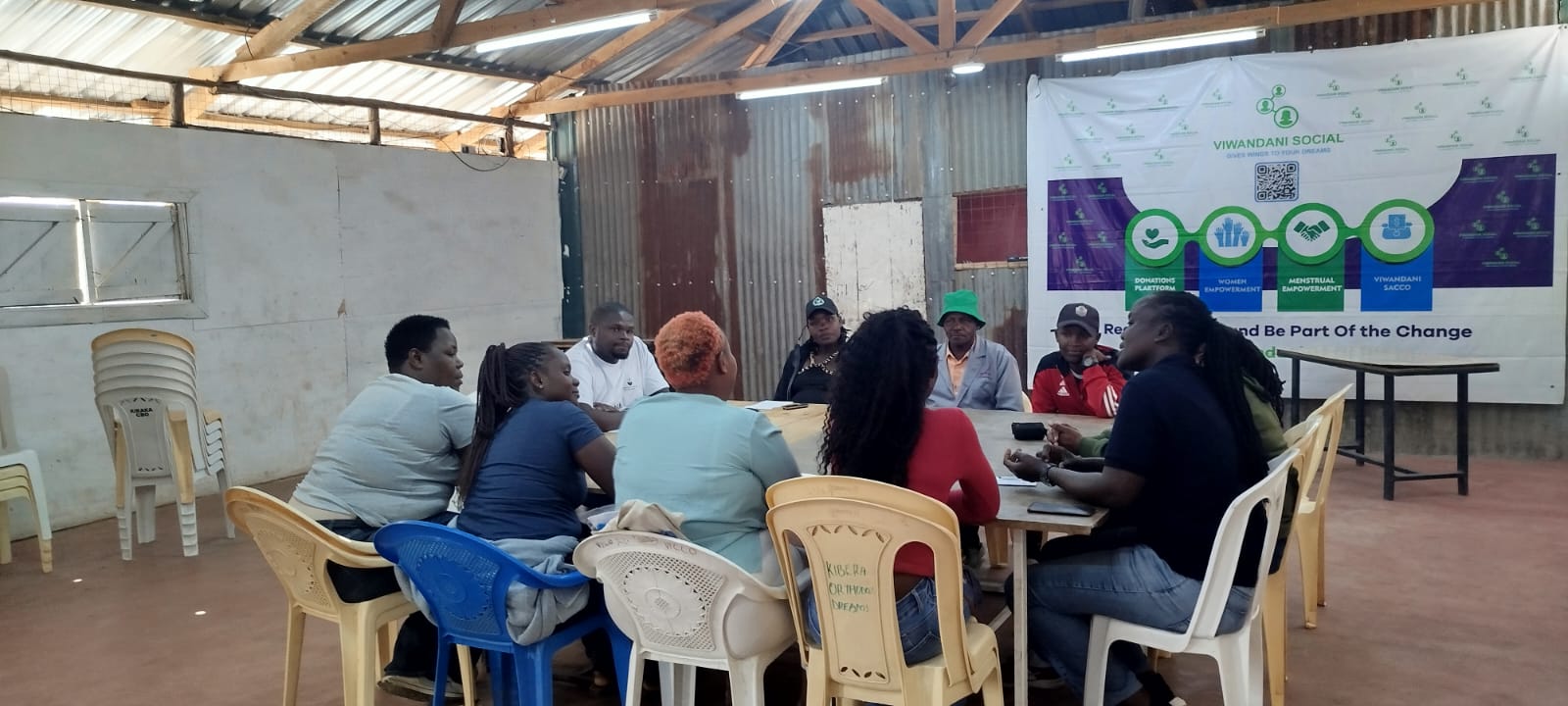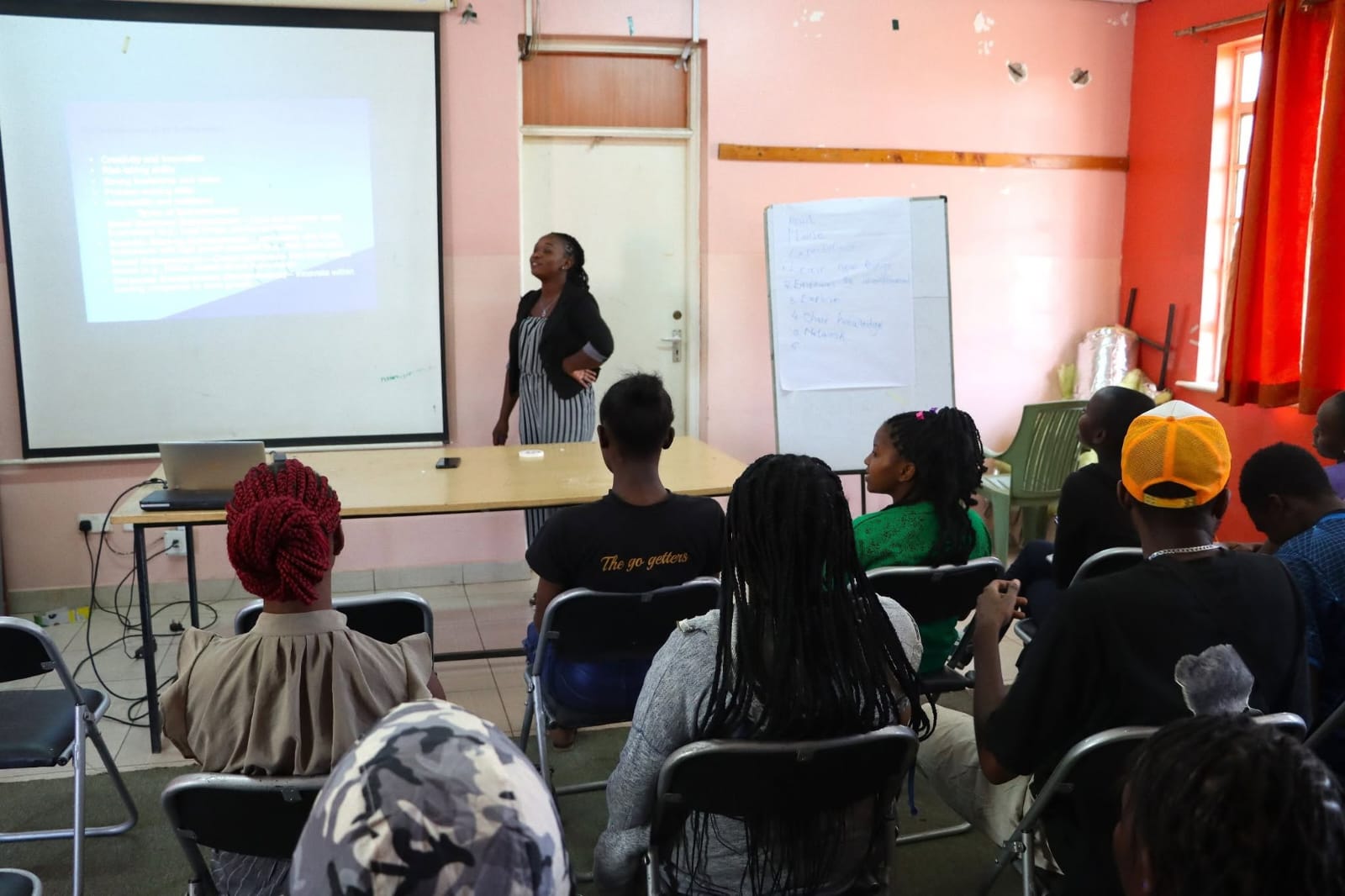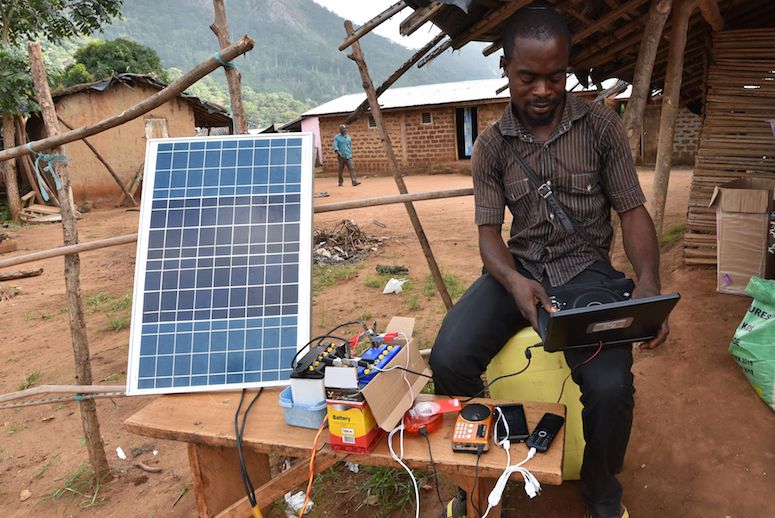FALSE: Photo does not show the drought situation in Embolioi, Kajiado County, in October 2022
FAKE: This closure order of Obstetrics and Gynaecology Unit at Kenya’s Kakamega Hospital is fabricated
The Kakamega County government has clarified that all medical services at the facility are ongoing.

This letter on social media claiming that Kakamega County Government has ordered the closure of the Obstetrics and Gynaecology Unit at the devolved unit’s General Hospital is FAKE.
The purported order is said to have been made due to lack of essential medical services, supplies, and equipment.
Some of the critical services the hospital allegedly lacks include pharmaceutical and non-pharmaceutical medical supplies, laboratory, diagnostic and imaging services.
PesaCheck investigated whether the Kakamega county government issued a directive to that effect.
A review of the county’s social media pages indicates that the letter we are debunking is fake.
“One of the false claims being made is the suspension of medical services. We assure members of the public that medical services in Kakamega County are operational as usual and have not been suspended,” reads part of the public notice issued by the County Secretary and Head of Public Service, Dr Bonface Okoth.
According to Dr Okoth, “the County Government of Kakamega has taken the matter seriously by engaging services of Cyber Crime Security and other relevant security apparatus to identify the individuals responsible for creating and disseminating such fake communique. Appropriate disciplinary action will be taken against them, once identified”.
The same notice was also published on the verified Facebook page of Kakamega County Governor Fernandes Barasa.
PesaCheck has looked into a letter on social media claiming that Kakamega County has ordered the closure of the Obstetrics and Gynaecology Unit at the devolved unit’s general hospital and found it to be FAKE.
This post is part of an ongoing series of PesaCheck fact-checks examining content marked as potential misinformation on Facebook and other social media platforms.
By partnering with Facebook and similar social media platforms, third-party fact-checking organisations like PesaCheck are helping to sort fact from fiction. We do this by giving the public deeper insight and context to posts they see in their social media feeds.
Have you spotted what you think is fake or false information on Facebook? Here’s how you can report. And, here’s more information on PesaCheck’s methodology for fact-checking questionable content.
This fact-check was written by PesaCheck fact-checker Naomi Wanjiku and edited by PesaCheck senior copy editor Cédrick Irakoze and acting chief copy editor Francis Mwaniki.
The article was approved for publication by PesaCheck managing editor Doreen Wainainah.
PesaCheck is East Africa’s first public finance fact-checking initiative. It was co-founded by Catherine Gicheru and Justin Arenstein, and is being incubated by the continent’s largest civic technology and data journalism accelerator: Code for Africa. It seeks to help the public separate fact from fiction in public pronouncements about the numbers that shape our world, with a special emphasis on pronouncements about public finances that shape government’s delivery of Sustainable Development Goals (SDG) public services, such as healthcare, rural development and access to water / sanitation. PesaCheck also tests the accuracy of media reportage. To find out more about the project, visit pesacheck.org.
PesaCheck is an initiative of Code for Africa, through its innovateAFRICA fund, with support from Deutsche Welle Akademie, in partnership with a coalition of local African media and other civic watchdog organisations.







